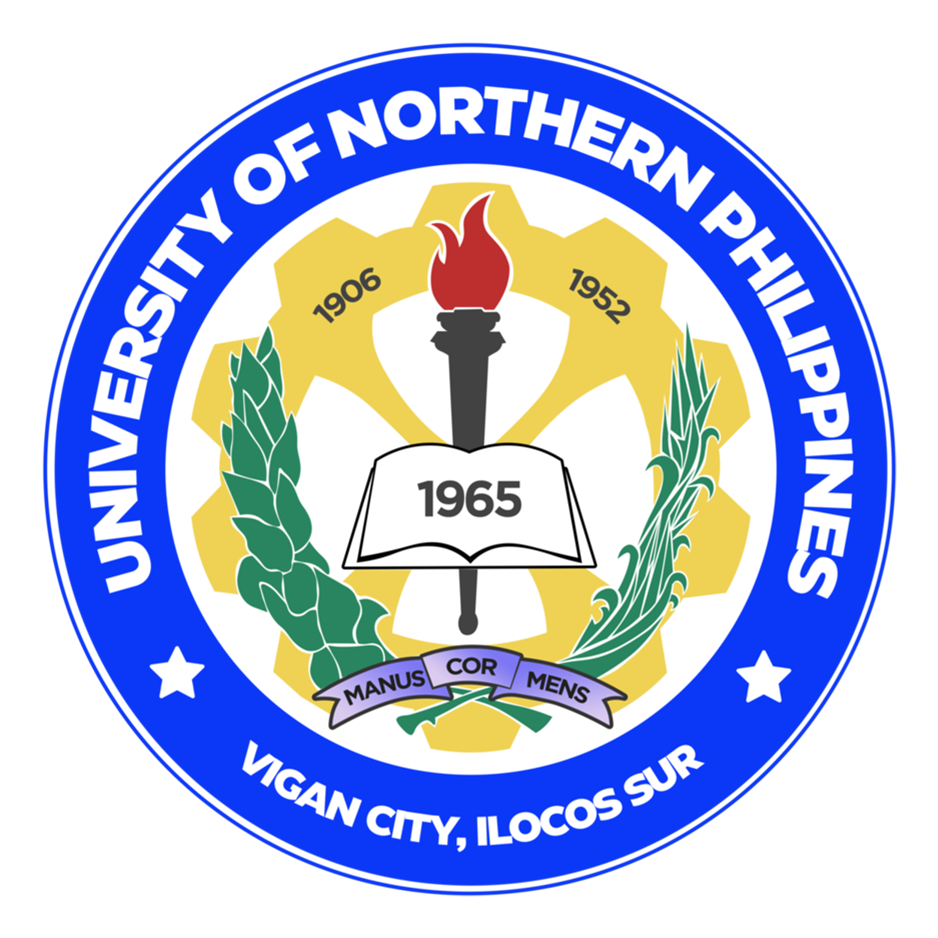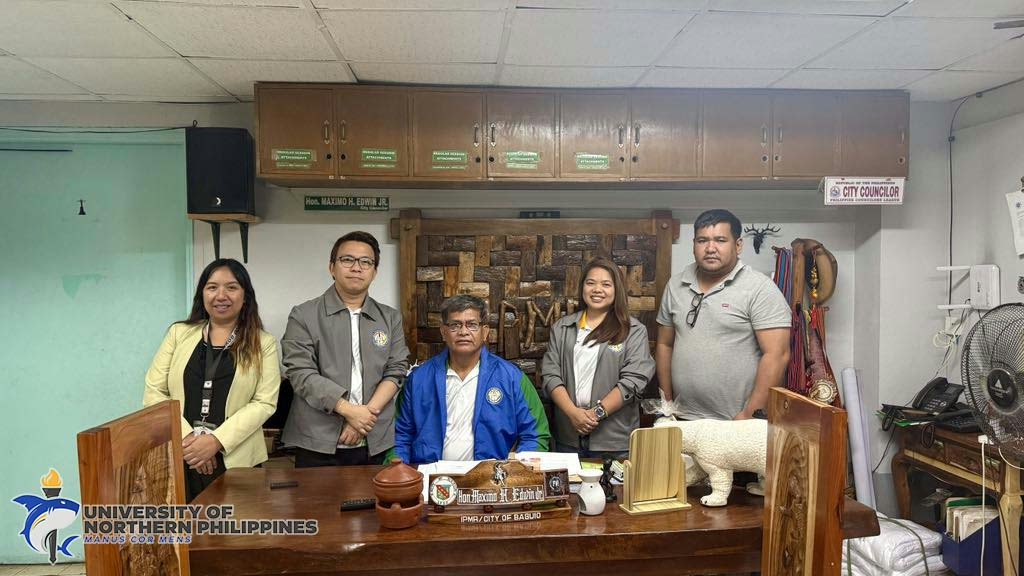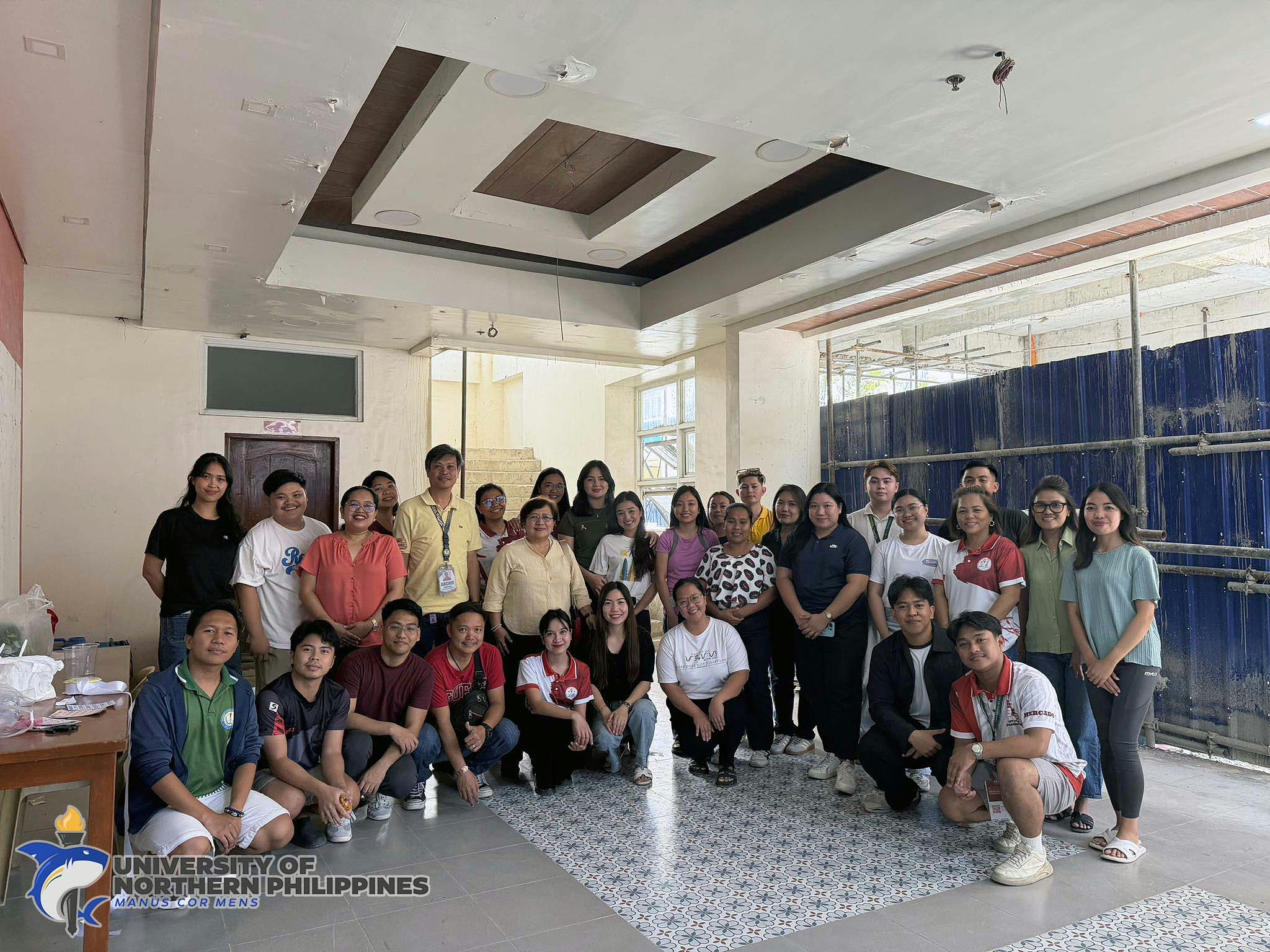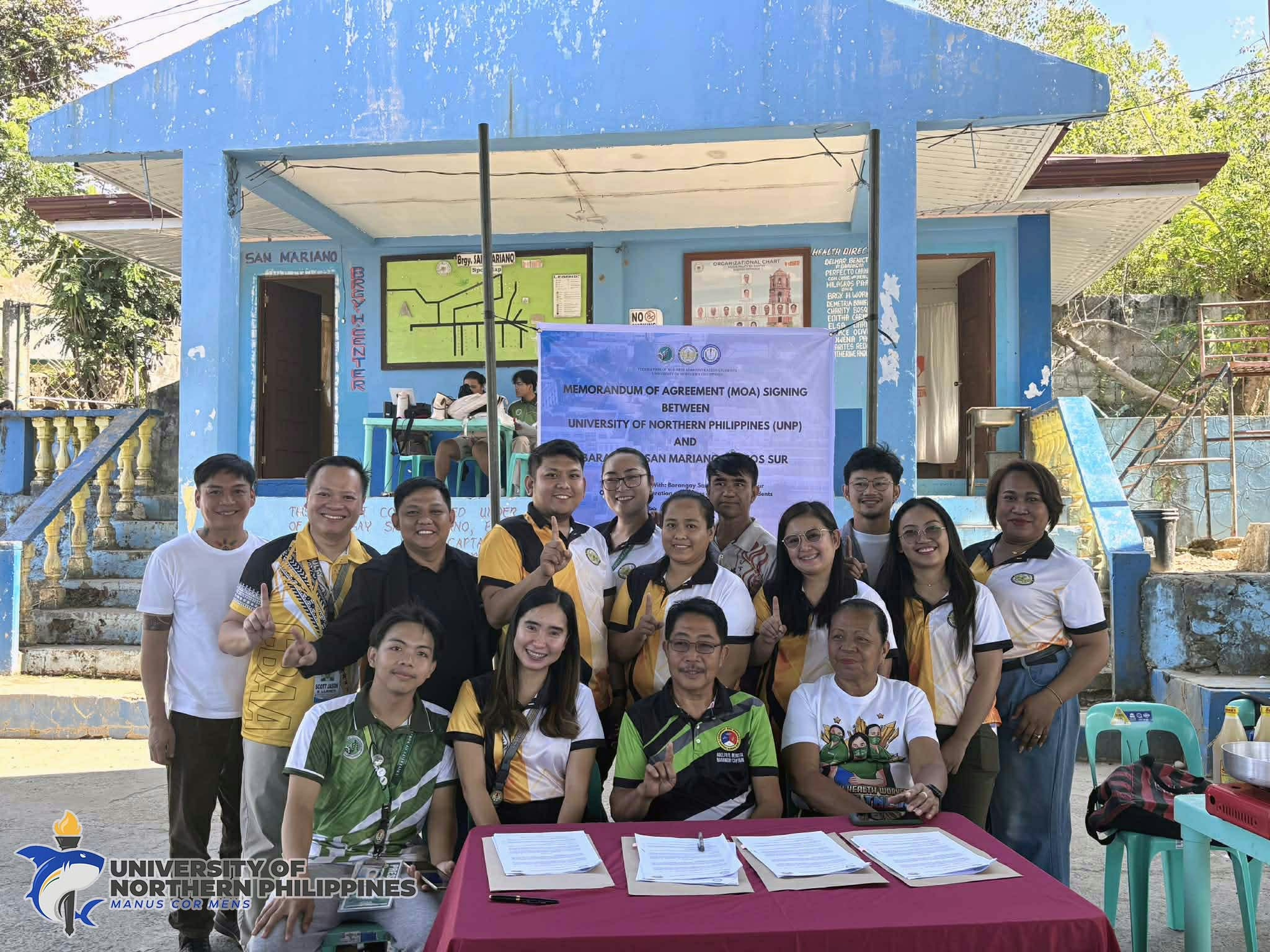The University Research and Development Office through the Ilokano Studies Center, headed by Center Chief Bonna Mae Gorospe, along with Dr. Richel Royce Chan, Coordinator for Cultural Studies and Dr. Santiago Reolalas, Head, Museo de la Unibersidad, conducted a cultural immersion program on April 7 up to April 8, 2025, exploring heritage conservation, and Indigenous Knowledge Systems in Baguio City and San Fernando City, La Union. The initiative aimed to gather insights to enhance Ilokano cultural initiatives through ethical and inclusive practices.
The benchmarking began with a courtesy visit and dialogue with the Indigenous Peoples Mandatory Representative (IPMR) of Baguio City. The representative highlighted the crucial role of Indigenous leaders in governance, focusing on preserving indigenous identity amidst urban development challenges and integrating traditional governance with modern administration. In the afternoon, participants visited UP Baguio’s Cordillera Studies Center (CSC). A researcher oriented the group on the center’s programs in heritage conservation, ethnographic research, and Cordilleran Indigenous Knowledge Systems (IKS). The CSC director shared advice on incorporating local perspectives into Ilokano cultural initiatives and provided resource materials and publications to support their efforts.
On the second day, the group met with representatives from the San Fernando City Tourism Office. The city’s approach to heritage tourism was presented, emphasizing festival organization, local arts promotion, and public-private partnerships as key strategies for cultural preservation and economic development. The immersion concluded with an Indigenous Knowledge Research Forum hosted by the Lam-ang Institute at DMMMSU. Academic staff and researchers discussed projects on IKS, including agricultural practices, oral traditions, and healing methods. Panel discussions underscored the importance of collaborative research between state universities and Indigenous communities to promote culturally grounded approaches.
Participants expressed gratitude for the shared knowledge and committed to applying these insights to improve their research practices. The program reinforced the importance of integrating ethical frameworks, inclusivity, and local perspectives into cultural initiatives while fostering regional cooperation for sustainable development.
Article by Rocelle Villanueva, Photo by Bonna Mae Gorospe.




